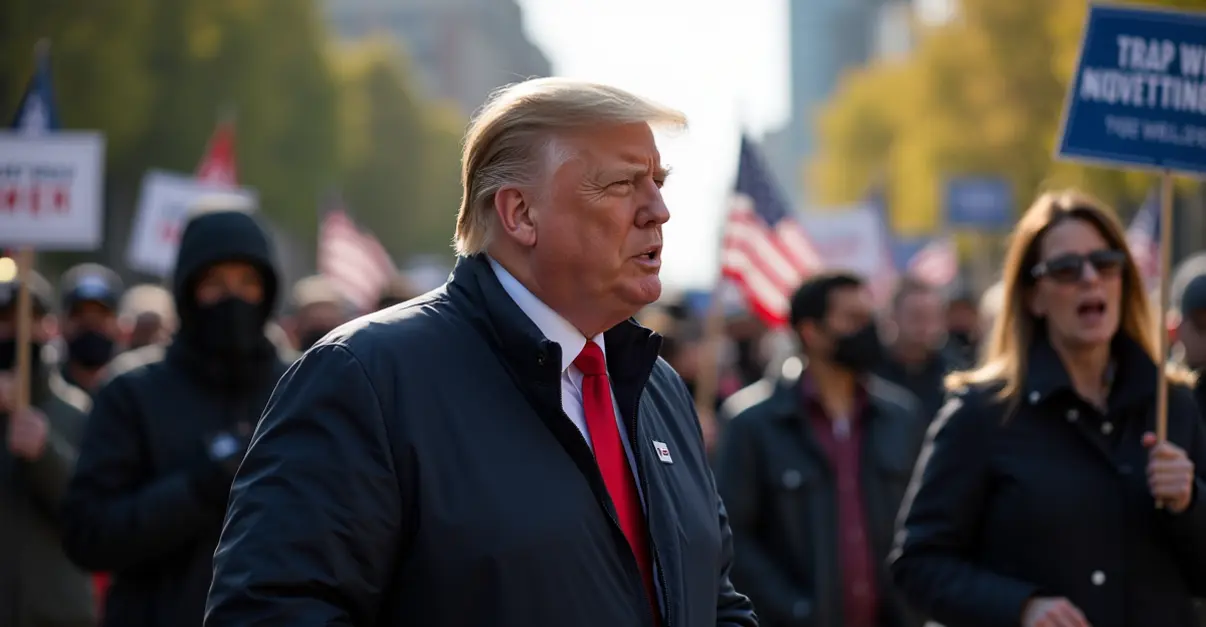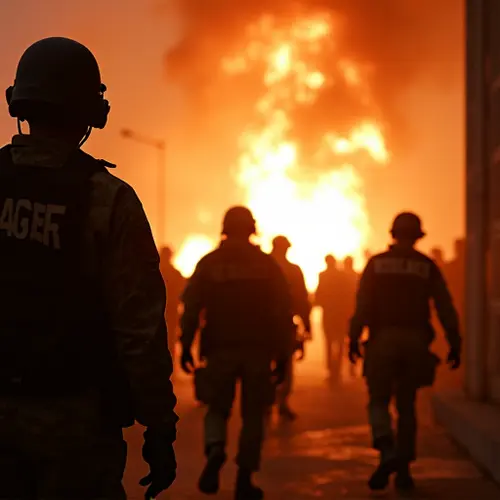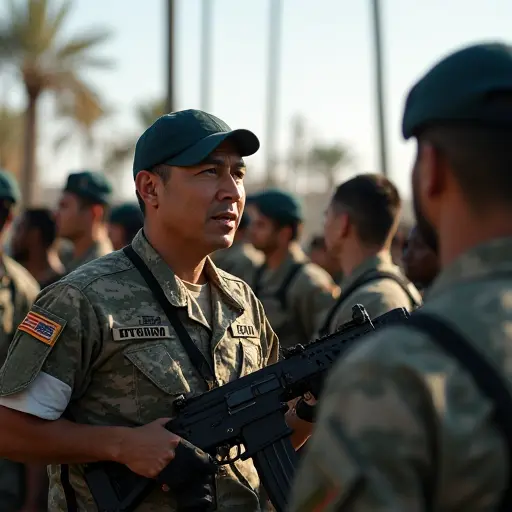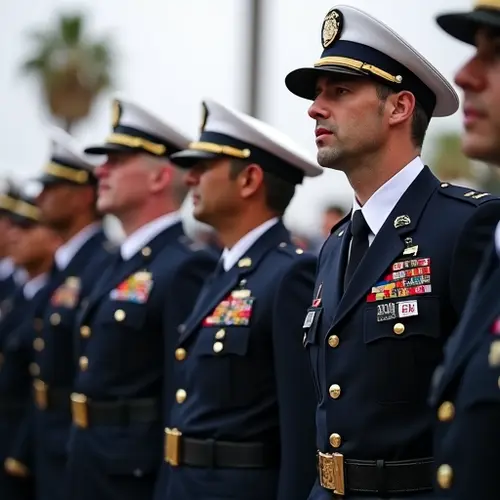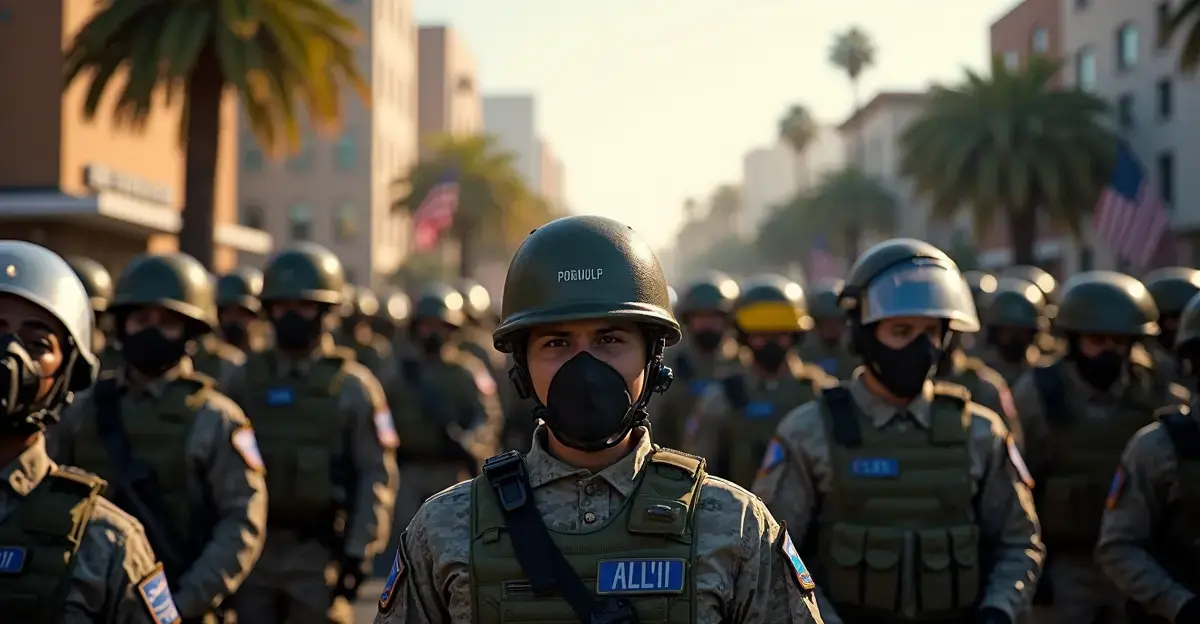Massive Nationwide Demonstrations Against Trump Administration
Millions of Americans participated in the second wave of 'No Kings' protests against President Donald Trump's administration on October 18-19, 2025, with organizers estimating approximately 7 million people attending over 2,700 rallies across all 50 states. The protests represented one of the largest coordinated demonstrations in recent American history, with massive crowds gathering in major cities including New York, Washington D.C., Los Angeles, Chicago, Boston, and Atlanta.
Protest Atmosphere and Political Context
The demonstrations maintained a largely festive and peaceful atmosphere, with participants wearing yellow as a symbol of unity and many donning inflatable animal costumes to emphasize the nonviolent nature of the protests. 'If we wanted a dictator, we would have kept the king of England,' one protester told reporters, capturing the sentiment of many participants who view Trump's actions as authoritarian overreach.
The protests occurred against the backdrop of Trump's second term policies that have sparked widespread concern among civil liberties advocates. According to Wikipedia documentation, the Trump administration has deployed National Guard troops to multiple Democratic-led cities under the stated purposes of cracking down on protests, crime, and illegal immigration. These deployments have triggered legal challenges and accusations of violating the Posse Comitatus Act, which limits military involvement in domestic law enforcement.
Prominent Political Figures Join Demonstrations
Senator Bernie Sanders delivered a powerful speech at the Washington D.C. protest, declaring 'We're here because we love America' to cheering crowds. Sanders warned that 'the American experiment is in danger' under Trump's leadership but emphasized that 'the people will rule.' The Vermont senator also criticized tech billionaires Elon Musk, Jeff Bezos, and Mark Zuckerberg, accusing them of having 'hijacked the economic and political system to enrich themselves' and supporting Trump's inauguration.
Other prominent Democrats including Senators Chris Murphy and Chuck Schumer participated in rallies across the country. As reported by Time magazine, the movement received support from high-profile figures including Kamala Harris, Hillary Clinton, and Alexandria Ocasio-Cortez, though not all were physically present at the demonstrations.
Regional Variations and Specific Concerns
In Chicago, thousands marched through the city center protesting both Trump's policies and the presence of National Guard troops protecting ICE facilities. New York saw massive marches through Manhattan, while smaller gatherings occurred in rural areas with protesters holding signs along highways and in town squares.
According to NPR reporting, the Trump administration has sent federal troops to nearly a dozen cities run by Democratic mayors, with deployments including 500 National Guard members in Chicago, 200 in Portland, and 2,200 in Washington D.C. despite the capital city experiencing a 30-year low in violent crime.
Trump's Response and Republican Criticism
President Trump spent the protest weekend at his Mar-a-Lago estate in Florida, hosting a $1 million-per-plate fundraiser with MAGA donors. In a recent Fox News interview, Trump responded to the protests by stating, 'They say they call me a king, but I'm no king.' Prominent Republicans including House Speaker Mike Johnson condemned the demonstrations, labeling them 'Hate America rallies' and claiming they were 'openly sponsored by Communists.'
The protests marked a significant escalation from the first 'No Kings Day' in June 2025, which drew approximately 5 million participants. The movement appears to be growing as Trump implements increasingly controversial policies during his second term, including mass deportation programs, restrictions on birthright citizenship, and expanded executive powers that critics argue threaten democratic norms.
Despite Republican warnings of potential violence, the vast majority of protests remained peaceful throughout the weekend, with only isolated incidents of arrests reported in Portland and Chicago. The demonstrations represent a significant show of organized opposition to Trump's presidency and highlight the deep political divisions characterizing contemporary American politics.

 Nederlands
Nederlands
 English
English
 Deutsch
Deutsch
 Français
Français
 Español
Español
 Português
Português
